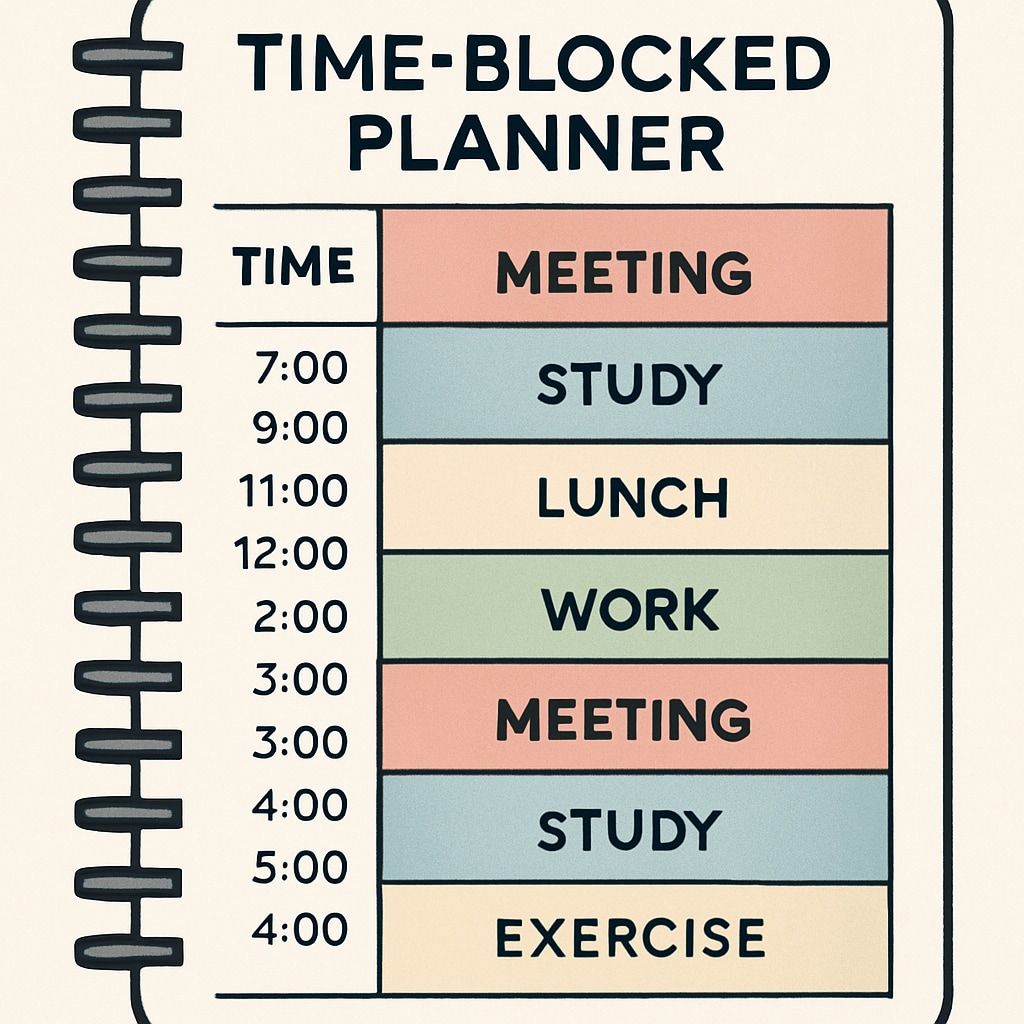Pursuing a master’s degree while managing a full-time job is a growing trend among professionals in their 30s. The pursuit often stems from the desire to advance career prospects, gain specialized knowledge, or achieve personal goals. However, balancing a master’s degree, career growth, and time management is no small feat. This article explores the time constraints faced by working professionals and provides actionable tips for navigating the demands of both career and academic life successfully.
Understanding the Time Challenges of a Master’s Degree
For many professionals, the primary challenge of pursuing a master’s degree lies in time management. A full-time job already consumes a significant portion of the day, leaving limited hours for coursework, research, and personal responsibilities. Moreover, the mental exhaustion of juggling professional and academic commitments can lead to burnout, making it even harder to stay motivated.
According to a Britannica article on time management, effective time allocation is critical for achieving goals without compromising well-being. However, for mid-career professionals, unexpected work demands, such as project deadlines or travel, can further disrupt study schedules. These challenges are amplified for those with family responsibilities, as they must divide their attention among work, studies, and personal life.

Strategies for Balancing Career and Academic Goals
Balancing work and study requires intentional planning and a shift in priorities. Below are some strategies to help working professionals navigate this journey:
- Create a realistic schedule: Break down your weekly commitments and allocate dedicated time slots for work, study, and personal activities. Use tools like Google Calendar or task management apps to stay organized.
- Prioritize effectively: Focus on high-impact tasks both at work and in your studies. Learn to say no to activities that do not align with your primary goals.
- Communicate with stakeholders: Inform your employer, colleagues, and family about your academic commitments. This transparency can help set realistic expectations and foster support.
- Leverage online resources: Many master’s programs offer flexible online courses. Platforms like Coursera or edX can supplement your learning and provide additional flexibility.
- Take care of yourself: Ensure that you prioritize sleep, exercise, and leisure to avoid burnout. Remember, mental and physical health are essential for long-term success.
For a more in-depth guide on time management techniques, consider exploring resources such as the Wikipedia entry on time management.

Long-Term Benefits of Earning a Master’s Degree
Despite the challenges, the rewards of pursuing a master’s degree while working are substantial. In terms of career growth, a master’s degree can open doors to higher-paying positions, leadership roles, and specialized fields. Additionally, the knowledge and skills gained during graduate studies can enhance your job performance and confidence.
From a personal perspective, earning a master’s degree can be deeply fulfilling. It represents a significant achievement and demonstrates your ability to manage complex commitments. This sense of accomplishment can boost your self-esteem and inspire you to pursue other ambitious goals.
Therefore, while the journey is demanding, the long-term benefits often outweigh the temporary sacrifices. With careful planning and a growth mindset, professionals can successfully navigate the path from the workplace to the classroom and beyond.
Readability guidance: Use concise paragraphs and bulleted lists to summarize key strategies. Incorporate transitional words to maintain flow and clarity. Distribute challenges and solutions evenly across the text for balance.


